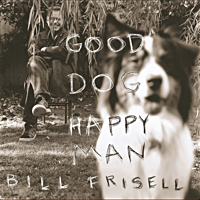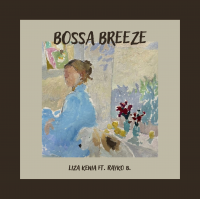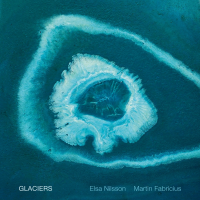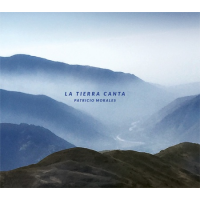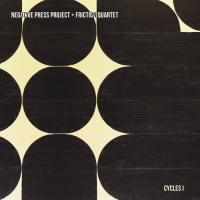Home » Jazz Articles » Album Review » Jack McDuff: Brother Jack
Jack McDuff: Brother Jack
The first date is the Jackson band minus Gator; Jennings gets as much space as Jack does. McDuff starts it off with a breathy reed sound, the guitar with answering chimes. His solo goes light, tiny notes with a feather touch. Jennings is great with the comp, slinking sly on the “Lupe Lu” changes. His own turn is bright, a gentler side than we normally see. Jack then returns, and sweetly it fades; preach on, Brother.
“Mr. Wonderful” is Bill, taking it simply with a little sass. Again Jack has the airy sound, bouncing high like a theremin. “Drowsy” is late-night smooch music: a velvety Jennings bends “Sleepwalk” notes with quiet grace. Bill does nothing unusual, but he does it very well; no wonder Jack said “Every time I play a note I want it to be with Bill Jennings.” Well said, but as we’ll see, McDuff could sure pick guitarists!
“Organ Grinder” gets down ‘n’ dirty; Jack stirs up a big mess of blues. Jennings is BAD – he’s strong as a bass. “Mack ‘n’ Duff” starts with “Bei Mir Bist...” and becomes the happy blues. He’s stronger here: the sound of vibes, and he rings them good. He stutters a bit, rolls the right hand, and Jennings does that percussion vamp he hit on Gator’s “Blue Strollin’”. It starts in high gear, and goes up from there; my kind of tune. “You’re Driving Me Crazy” puts the reedy sound to best advantage: the warbles are sweet, ditto the barely audible brushes. As it goes, the sound gets deeper, and goes between romantic and cool. And the sendoff, “Light Blues”, is a showcase, with Jennings’ silky despair and Jack’s hollow musing (with support from the left hand.) Light it is, but there’s a depth to keep you listening. So too the album: unassuming but with simple charm, you knew others would follow...
A year has passed, and McDuff’s own group takes to the studio. (This was planned for four horns, but the budget interfered.) Jennings is gone (he stayed with Gator) but what a replacement: an earlier album had Jimmy Forrest, and Jack hired his guitarist, Grant Green. (And two years later he’d discover George Benson.) Green proves himself in a moment: his fragile snap makes “Godiva Brown” irresistible. He’s not as fast as he’d later be, but everything else is there. Harold Vick brings a healthy growl and old-time street power, a must for this style. And the Brother is strong: forceful comps and trembling solos. He’s sweeter on “Goodnight”, an adorably soft tone as Vick gets that R&B honk. This sucker moves, and don’t worry – they’re enjoying it too much to stop!
“Sanctified Waltz” was a club staple, and you know why: a dose of soul with a kick like a mule. Duff gets tough, aided by vicious toms (the underrated Joe Dukes.) Vick has a great “Amen” at the end. “McDuff speaking” is a simple jam blues with powerful riffs (at one point, the “Blue ‘n’ Boogie” riff.) Jack means business, a furious surge like his later tune “Screamin’”. Then Grant invades: springy notes, and they leap into action. Speak, no; shout, Yes! And “I’ll Be Seeing You’ gets gorgeous, a glowing tone with green flourishes. There’s a little grit here, and a whole lot of sunshine. Grant, relaxed, has his best solo, and Vick goes bold for the perfect finish. It’s a wonderful snapshot: hear a giant grow before your very ears. And the pleasures are big, too!
Personnel
Jack McDuff
organ, Hammond B3Album information
Title: Brother Jack | Year Released: 1999 | Record Label: Prestige Records
Tags
PREVIOUS / NEXT
Support All About Jazz
 All About Jazz has been a pillar of jazz since 1995, championing it as an art form and, more importantly, supporting the musicians who make it. Our enduring commitment has made "AAJ" one of the most culturally important websites of its kind, read by hundreds of thousands of fans, musicians and industry figures every month.
All About Jazz has been a pillar of jazz since 1995, championing it as an art form and, more importantly, supporting the musicians who make it. Our enduring commitment has made "AAJ" one of the most culturally important websites of its kind, read by hundreds of thousands of fans, musicians and industry figures every month.




